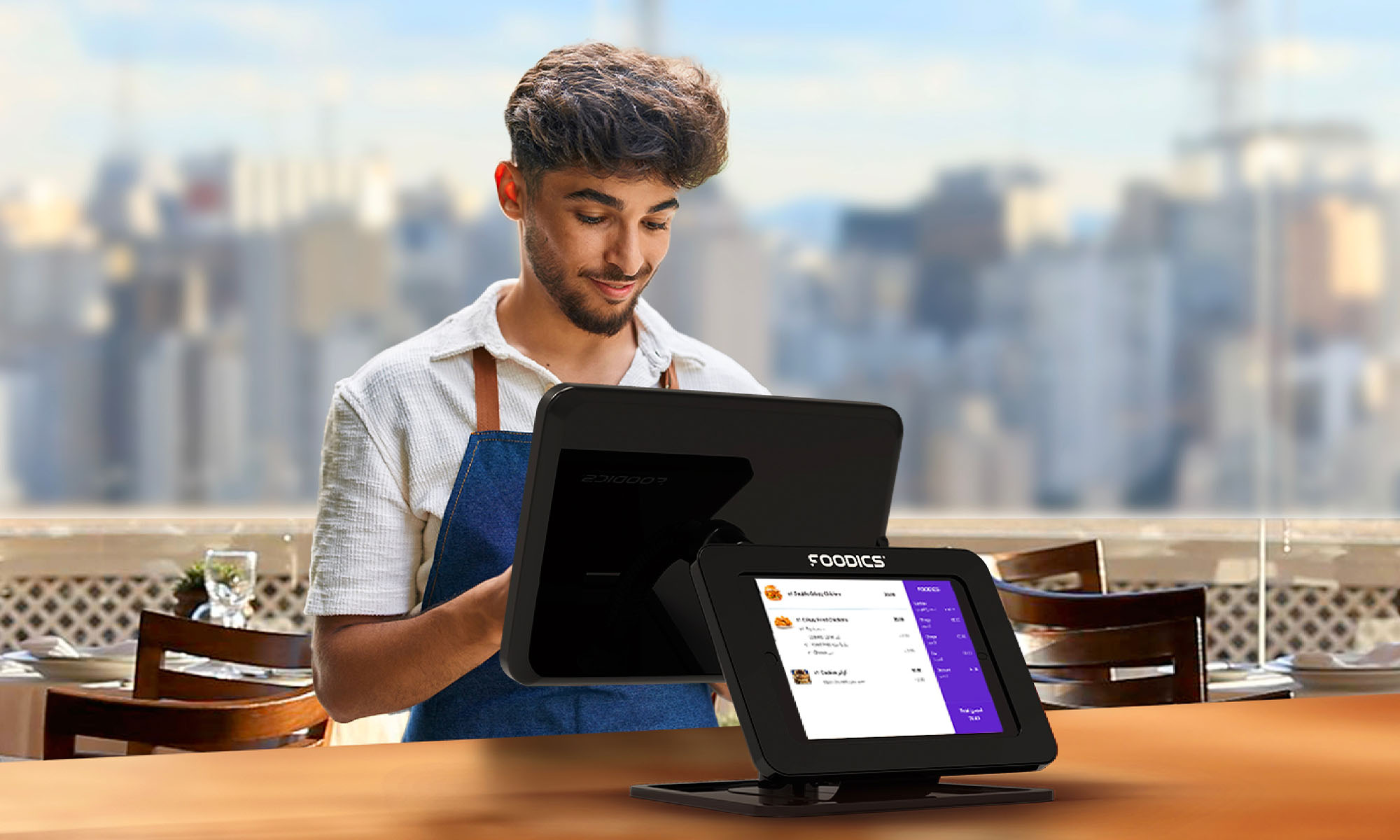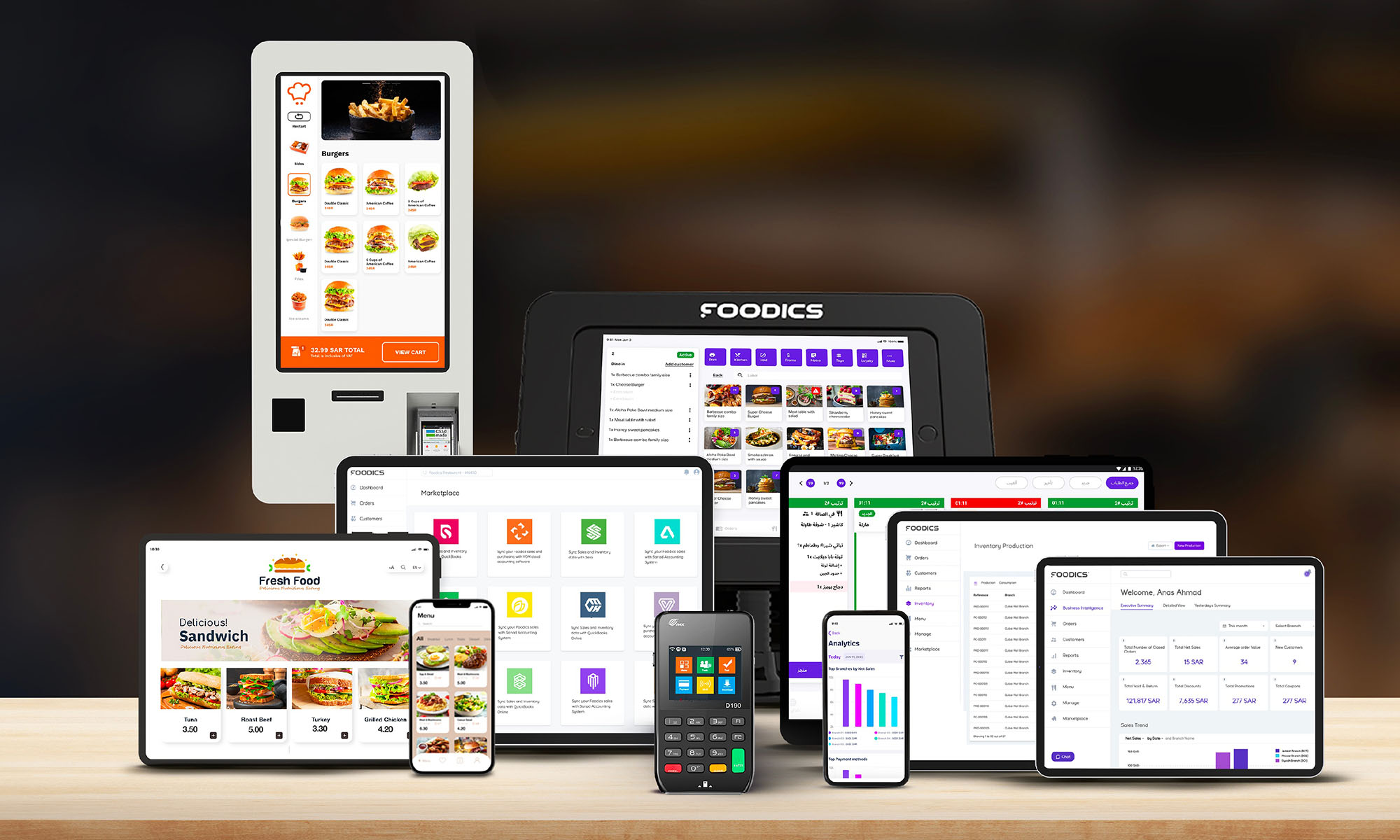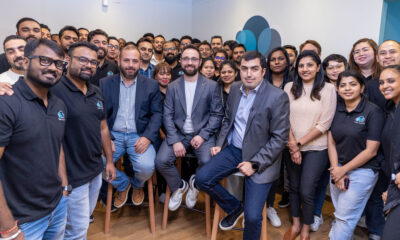News
Tech Startup Foodics Offers Smarter Restaurant Management
The Saudi company’s innovative solutions optimize restaurant operations, from ordering to payments, delivery, and more.

Foodics, a prominent player in the MENA restaurant management landscape, is transforming the food and beverage industry through its comprehensive, in-house developed Restaurant Management System (RMS).
Known for its strong presence within Saudi Arabia’s thriving startup ecosystem, Foodics already serves customers in over 35 countries. The company provides innovative hardware and software solutions designed to help restaurant owners optimize their operations.
Currently, Foodics offers more than 100 apps that seamlessly integrate into restaurant operations. These tools cover everything from front-of-house management and data collection to inventory tracking, menu creation, delivery coordination, and more.

To further simplify customer ordering and payments, Foodics offers various specialized solutions. These include Foodics Online, a commission-free online ordering platform; Foodics Pay, which streamlines payment processes; Foodics Kiosk, a self-ordering and checkout system; Foodics Marketplace, a platform that partners with over 100 third-party apps for easy integration; and Foodics Accounting, a smart financial management tool designed to simplify accounting tasks.
“We sensed a lack of digitalization across the Saudi food and beverage sector in 2014, especially in the ordering process, including restaurants that were facing operational challenges. This inspired us to develop a fully integrated ecosystem to support the industry as we wanted to bring new technologies that change and enhance how people interact and connect with their favorite food brands,” comments Ahmad Al-Zaini, CEO and co-founder of Foodics.
Also Read: Healthtrip Expands Into Middle East To Boost Health Tourism
Today, more than 30,000 food and beverage outlets use the company’s services. In the UAE alone, approximately 1,850 restaurants rely on Foodics, with over 60% of these establishments having been clients for more than two years.
By focusing on creating efficiency and convenience, Foodics has had a significant impact on the Middle Eastern F&B sector. Their solutions have redefined the dining experience, from the moment customers place an order until the food is delivered to their table or doorstep.
News
Samsung Smart Glasses Teased For January, Software Reveal Imminent
According to Korean sources, the new wearable will launch alongside the Galaxy S25, with the accompanying software platform unveiled this December.

Samsung appears poised to introduce its highly anticipated smart glasses in January 2025, alongside the launch of the Galaxy S25. According to sources in Korea, the company will first reveal the accompanying software platform later this month.
As per a report from Yonhap News, Samsung’s unveiling strategy for the smart glasses echoes its approach with the Galaxy Ring earlier this year. The January showcase won’t constitute a full product launch but will likely feature teaser visuals at the Galaxy S25 event. A more detailed rollout could follow in subsequent months.
Just in: Samsung is set to unveil a prototype of its augmented reality (AR) glasses, currently in development, during the Galaxy S25 Unpacked event early next year, likely in the form of videos or images.
Additionally, prior to revealing the prototype, Samsung plans to introduce…
— Jukanlosreve (@Jukanlosreve) December 3, 2024
The Galaxy Ring, for example, debuted in January via a short presentation during Samsung’s Unpacked event. The full product unveiling came later at MWC in February, and the final release followed in July. Samsung seems to be adopting a similar phased approach with its smart glasses, which are expected to hit the market in the third quarter of 2025.
A Collaborative Software Effort
Samsung’s partnership with Google has played a key role in developing the smart glasses’ software. This collaboration was first announced in February 2023, with the device set to run on an Android-based platform. In July, the companies reiterated their plans to deliver an extended reality (XR) platform by the end of the year. The software specifics for the XR device are expected to be unveiled before the end of December.
Reports suggest that the smart glasses will resemble Ray-Ban Meta smart glasses in functionality. They won’t include a display but will weigh approximately 50 grams, emphasizing a lightweight, user-friendly design.
Feature Set And Compatibility
The glasses are rumored to integrate Google’s Gemini technology, alongside features like gesture recognition and potential payment capabilities. Samsung aims to create a seamless user experience by integrating the glasses with its broader Galaxy ecosystem, starting with the Galaxy S25, slated for release on January 22.



























